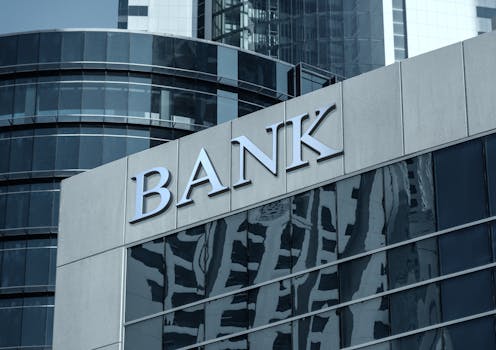The Lib Dems want to tax the banks more – is this a good idea?
- Written by Robert Webb, Professor of Banking & Applied Economics, University of Stirling

The Liberal Democrats were the first party to unveil their manifesto and the first party to break ranks and declare increases in tax, or sort of. Ed Davey announced[1] that they would reverse tax cuts to banks and introduce a windfall tax on profits. Obviously, the Liberal Democrats can do this as they have little chance of gaining a majority. But does it make sense?
As we have seen with recent inflation[2], the Pavlovian response of western governments and central banks is to increase interest rates to encourage saving and reduce spending.
This relies on the population being in debt: increase rates and reduce disposable income as people need to service their debts. This reduces spending and encourages saving.
References
- ^ Ed Davey announced (www.libdems.org.uk)
- ^ recent inflation (theconversation.com)
- ^ average debt (themoneycharity.org.uk)
- ^ Office for National Statistics (www.ons.gov.uk)
- ^ a continued trend (www.ons.gov.uk)
- ^ the Nuffield Trust reported last year (www.nuffieldtrust.org.uk)
- ^ up to £12bn (www.resolutionfoundation.org)
- ^ the modest forecasts (obr.uk)
- ^ Banks make money (theconversation.com)
- ^ profits at the major UK banks (www.brunel.ac.uk)
- ^ functional finance (www.investopedia.com)
- ^ Work by HM Revenue and Customs (www.gov.uk)
Read more https://theconversation.com/the-lib-dems-want-to-tax-the-banks-more-is-this-a-good-idea-232208







